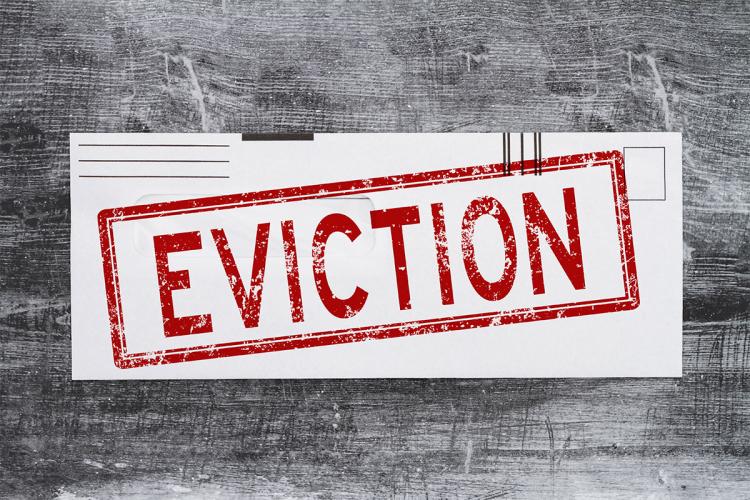Let's face it: no one wants to get evicted. However, if you live in Virginia and are served with an eviction notice from your landlord, you may need to go to court. This can feel overwhelming, but we're here to help! This article will explain what unlawful detainer is and how the process works in Virginia so that you can make the best decision for yourself or your loved one.
What Is An Unlawful Detainer?
An unlawful detainer is a type of civil lawsuit that a landlord files against a tenant who refuses to vacate the property after their lease has expired. An unlawful detainer can also be filed if the landlord believes that you have violated the terms of your lease agreement, such as by not paying rent or causing damage to the property.
Unlawful detainers can only be filed when both parties live in Virginia and have signed a written rental agreement (the lease). If you have been served with papers for an unlawful detainer, it's important to know your rights and how long you have before responding in court!
The Grounds For Unlawful Detainer In Virginia
The grounds for unlawful detainer in Virginia are as follows:
- You owe your landlord rent. If you don't pay your rent when it's due, your landlord can file a UD proceeding against you and ask the court to order eviction.
- You have breached one or more terms of your lease agreement with your landlord (for example, if a clause says that pets are not allowed and you keep bringing home pets). The breach must be severe enough to justify eviction under Virginia law; otherwise, it may not be considered grounds for unlawful detainer proceedings. For example, having guests over after curfew would probably not justify a UD action because it isn't a "serious" breach of contract or lease agreement--though this could depend on whether there was an explicit rule prohibiting guests at all times!
- The landlord decides they want someone else living in your apartment because they want more income from renting out another unit than what they currently receive from you.
However, If This Happens, Several Things Could Happen:
-
- You may be able to stay in your home if there is some kind of error or omission on their part (for example, if they failed to serve notice properly).
- The judge could decide that you should be allowed back into your home because he believes there was no good reason for them to file suit against you in the first place.
What Happens During The Trial
The trial is the final step in the eviction process. The landlord must prove that they have a legal reason to evict you, and you have an opportunity to defend yourself against those claims.
If you do not show up at court or offer evidence during your trial, the judge will rule in favor of your landlord. If you do show up but fail to present any defense for yourself (or if there is insufficient evidence), you lose!
It's important that if you are facing eviction from an unlawful detainer lawsuit filed by your landlord, then contact an attorney immediately so that they can help guide you through these proceedings as smoothly as possible.
Are There Laws That Protect Tenants From Retaliation?
The most important thing to remember is that you have rights. The law is on your side, and Virginia Tenants' Rights can help you enforce them.
If you feel that your landlord has retaliated against you for asserting your rights, there are steps that can be taken to protect yourself from eviction or termination of tenancy. The first step would be contacting an attorney specializing in unlawful detainer cases (evictions). The attorney will review all the facts surrounding the situation and determine if any legal action is necessary to protect your tenancy rights.
- Log in to post comments

